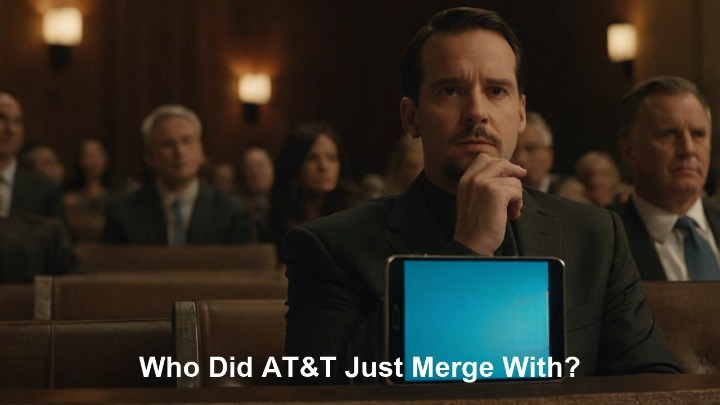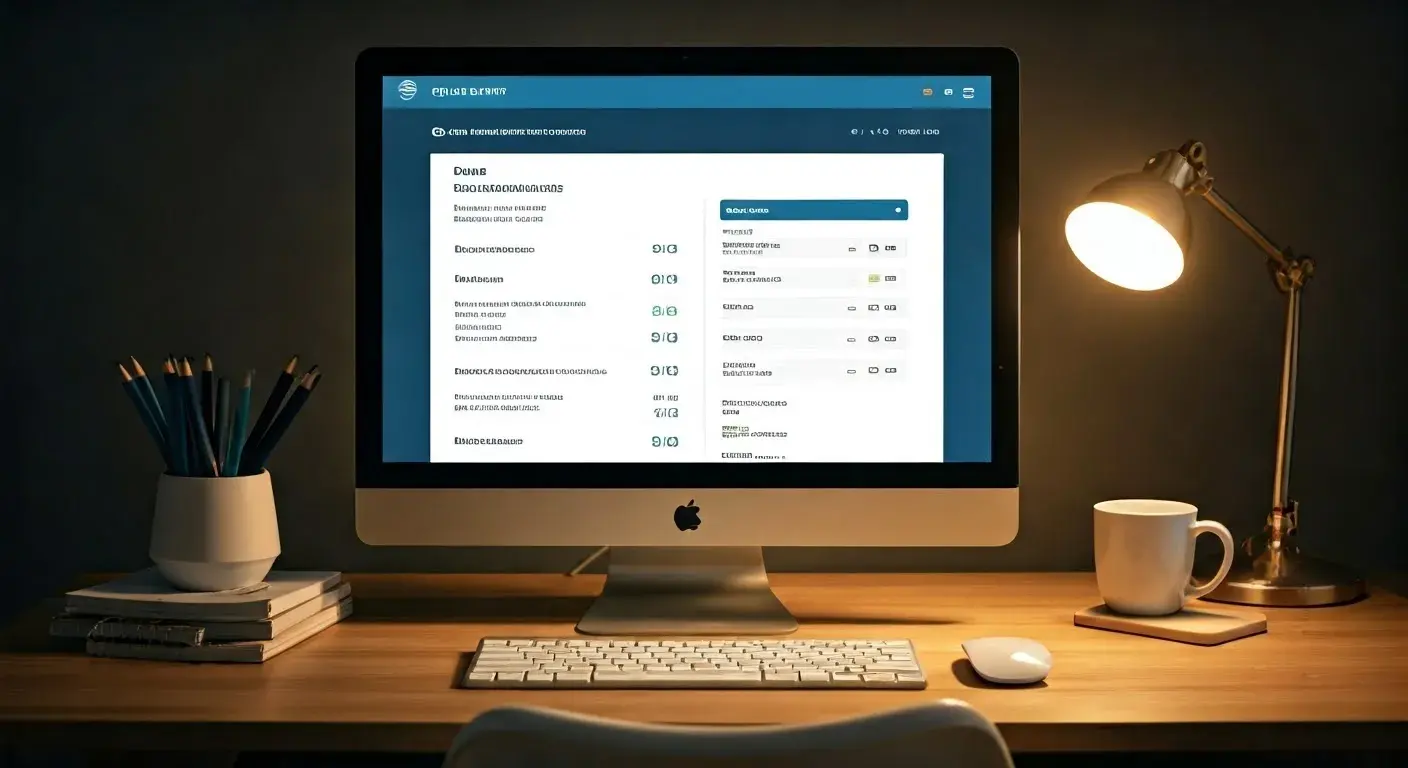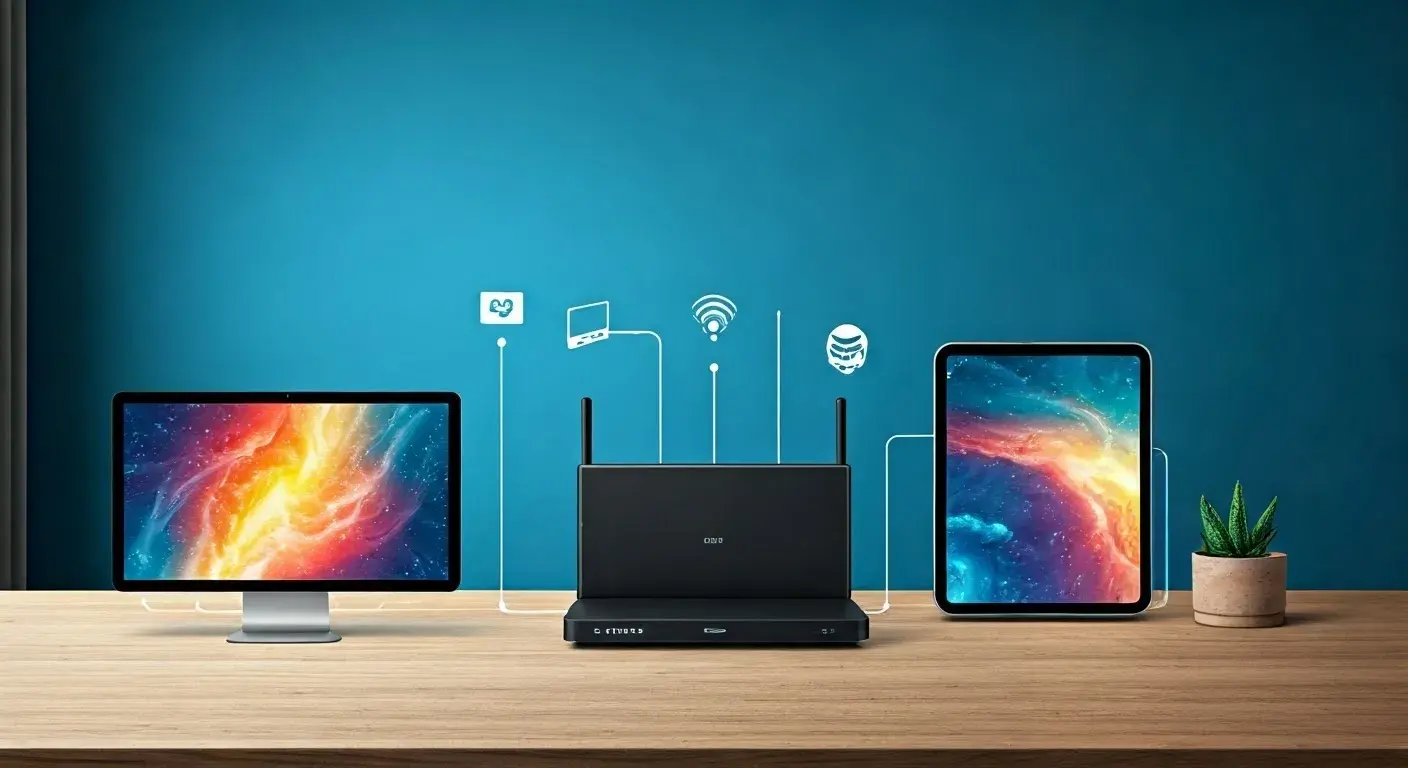Who did AT&T just merge with?

They recently underwent a massive merger with Discovery, Inc., which has led to the formation of a new media and entertainment giant, Warner Bros. Discovery. This huge $43 billion merger unites AT&T’s WarnerMedia, which encompasses HBO, TNT, and TBS, with Discovery networks like the Discovery Channel, HGTV, Food Network, and others.
The merger resulted in a world-class media company with an extensive catalog and globally recognized brand names. It combines the scripted entertainment and live sports of WarnerMedia’s division with Discovery’s expertise in unscripted and global content. Altogether, the new WarnerMedia-Discovery compounding has nearly 2 billion people’s reach through streaming, cable TV, and broadcast services.
The combination of Discovery's content distribution policies and Time Warner's acquisition by AT&T justifies their merger.
The justification for the merger is that a firm of the combined scale can properly compete with major streaming giants like Netflix.
Disney and Amazon. Here were some of the key reasons driving the deal
1. Scaling content production and distribution: In essence, the coming together of WarnerMedia and Discovery means that the two companies can work even harder to create more high-quality content and share it with viewers and stakeholders everywhere.
2. Expanding direct-to-consumer offerings: This enables them to fund their streaming internet service such as HBO Max and Discovery Plus to be able to attract and maintain customers given the fact that the world is moving towards streaming media.
3. Generating synergies and cost savings: The companies believe it is possible to attain cost savings of as much as $3 billion upon amalgamation through the removal of duplicate positions. This also entails centralizing teams, technology systems, and structural frameworks.
4. Accelerating growth and innovation in digital entertainment: The merger of AT&T and Discovery is expected to have slowed down the process, and enable both to be more competitive in creating new experiences for the end user, platforms, and content that could be delivered through the forthcoming generation of Internet-based television.
What are the implications for the consumer?
For consumers, it means even more from AT&T’s legendary entertainment brands, WarnerMedia, and Discovery’s successful lifestyle and factual content. Namely, the streaming services of HBO Max and Discovery+ will let consumers access one of the deepest libraries of TV shows and movies that the entertainment industry can provide viewers, from the legendary HBO and the DC Universe.
Consumers can also expect future developments regarding user interface, personalization features, and other changes aiming to improve streaming across the whole living room and portable devices. However, some critics suggest that consumers may begin to witness upward cost control on subscriptions that may be necessary for the merged company to offset the sizable investment it made in content. Nevertheless, the scale might increase the company’s competitiveness in the bidding for prominent talent and movie/TV rights.
This paper aims to discuss potential scenarios that may occur in the further process of the merger.
Although the deal between AT&T Internet and Discovery to merge their media operations into a new entity known as Warner Bros. Discovery has been completed, the actual merging process is still in its nascent stage. Huge challenges face Warner Bros. Discovery chief executive officer, David Zaslav, as he has to merge two contrasting corporate cultures; that of an established telecom firm AT&T, and that of a cable programmer Discovery.
In the future, Zaslav plans to integrate the organization structures of the entertainment brands, synchronize content strategies for the newly formed conglomerate, enhance subscribers’ engagement through data/tech, realize synergies of cost savings, and build a sustainable growth path for Warner Bros. Discovery. But, as you know, there are always certain challenges in integrating such large-scale acquisitions, so it can take at least a year to achieve the full potential of the new Warner Bros. Discovery. However, the management team has considered the challenges more as possibilities and not threats, compared to the opportunities that it will open.
In a nutshell, AT&T and Discovery’s mammoth $43 billion merger reached the end of years of transformations in the media scene, where entertainment and distribution industries have witnessed a huge shake-up by streaming services. The combined corporate entity of Warner Bros. Discovery is now set to take on the dominance of streaming platforms such as Netflix and Disney+ by offering a colossal and diverse content catalog that appeals to audiences worldwide. Though not without the hurdle of execution risks, the above deal stands as a path-breaking model for the media conglomerates fighting for consumer attention and wallet share in the present media landscape.
Upgrade to faster, more reliable AT&T Fiber Internet today! Call us at +1 844-905-5002 and get connected with speeds that keep you ahead.





